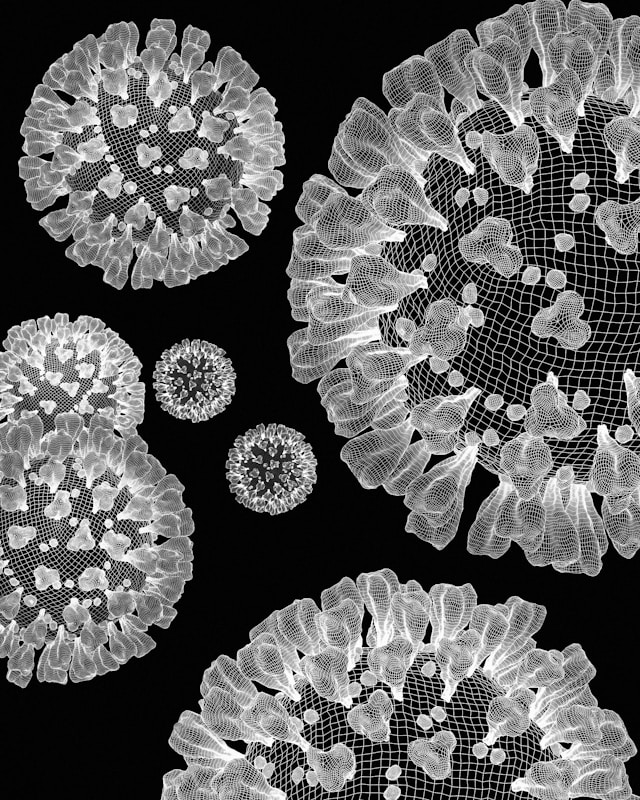Overview of Infectious Disease Care
Infectious diseases are illnesses caused by pathogens such as bacteria, viruses, fungi, or parasites. These diseases can spread through various means, including person-to-person contact, contaminated food or water, and insect bites. Common infectious diseases include influenza, HIV/AIDS, tuberculosis, and COVID-19.
Transmission methods vary depending on the pathogen but often include:
- Respiratory droplets (e.g., coughing, sneezing)
- Direct contact with bodily fluids
- Contaminated surfaces or objects
- Vector-borne transmission (e.g., mosquitoes, ticks)
Prevention strategies are crucial in managing the spread of infectious diseases and typically involve:
- Proper hygiene practices (e.g., handwashing, respiratory etiquette)
- Vaccination programs
- Safe food and water handling
- Vector control measures
The impact of infectious diseases on overall well-being can be significant, affecting physical health, mental health, and socioeconomic status of individuals and communities.
Role of CHWs in Infectious Disease Care Support
Community Health Workers (CHWs) play a vital role in infectious disease care support:
- Education: Providing accurate information about disease prevention and management
- Prevention: Promoting hygiene practices and vaccination programs
- Access to Care: Connecting individuals with healthcare resources and services
- Community Outreach: Identifying at-risk populations and conducting health screenings
- Support: Offering emotional and practical support to affected individuals and families
Infectious Disease Prevention Strategies
Evidence-based prevention methods include:
- Proper Hygiene: Promote regular handwashing, use of hand sanitizers, and proper respiratory etiquette
- Vaccination Programs: Encourage participation in recommended immunization schedules
- Community Initiatives: Organize clean-up drives, improve sanitation, and educate about vector control
- Safe Practices: Teach food safety, water purification methods, and safe sex practices
Treatment Options
Treatment options vary depending on the specific infectious disease but may include:
- Antibiotics for bacterial infections
- Antiviral medications for certain viral infections
- Antiparasitic drugs for parasitic infections
- Supportive care to manage symptoms and prevent complications
It’s important to address common concerns and misconceptions about treatments, emphasizing the importance of completing prescribed courses of medication and following medical advice.
Supporting Vulnerable Populations
Strategies for CHWs to assist high-risk groups:
- Identify barriers to care (e.g., transportation, language, cultural beliefs)
- Provide culturally sensitive education and support
- Connect individuals with local resources and social services
- Advocate for improved access to healthcare in underserved communities
Health Considerations
Emphasize the importance of infectious disease awareness:
- Encourage regular health check-ups and screenings
- Promote mental health support for those affected by infectious diseases
- Address the impact of chronic conditions on infectious disease susceptibility
Combating Stigma
Guidance for addressing stigma related to infectious diseases:
- Educate communities about the facts of disease transmission
- Promote empathy and understanding for affected individuals
- Challenge myths and misconceptions through open dialogue
- Encourage community leaders to speak out against discrimination
Self-care for CHWs
Strategies for CHWs to maintain their own health and well-being:
- Practice proper infection prevention measures
- Maintain work-life balance and set boundaries
- Engage in regular physical activity and stress-reduction techniques
- Seek support from colleagues and supervisors
- Prioritize mental health and seek professional help when needed
Resources and Further Reading
For additional information on infectious disease care, consult these reputable sources:
- Centers for Disease Control and Prevention (CDC)
- National Institutes of Health (NIH)
- World Health Organization (WHO)
- Illinois Department of Public Health
As Community Health Workers, your role in infectious disease care is crucial. By providing education, support, and access to resources, you make a significant impact on the health and well-being of your communities. Remember that ILCHWA is committed to supporting you in this important work, recognizing the vital role you play in addressing infectious disease care issues and tackling ongoing health challenges in our communities.
